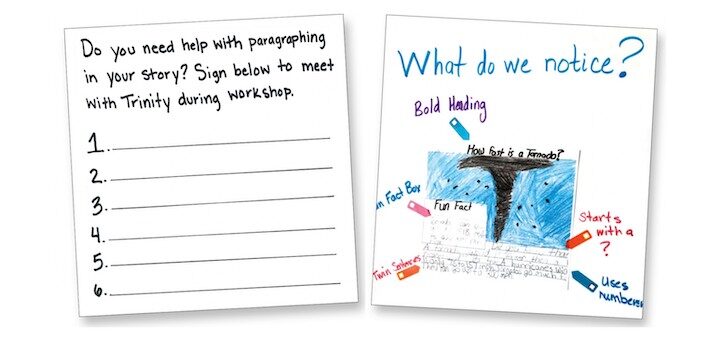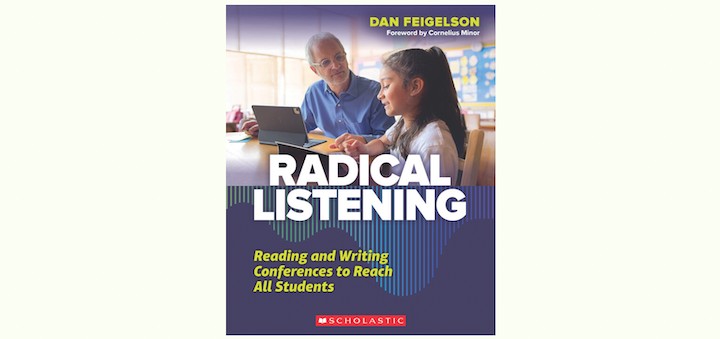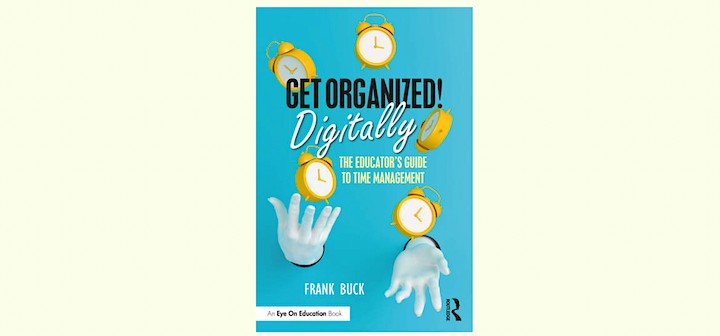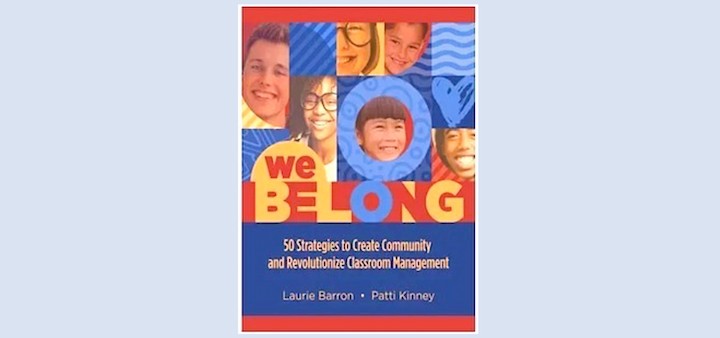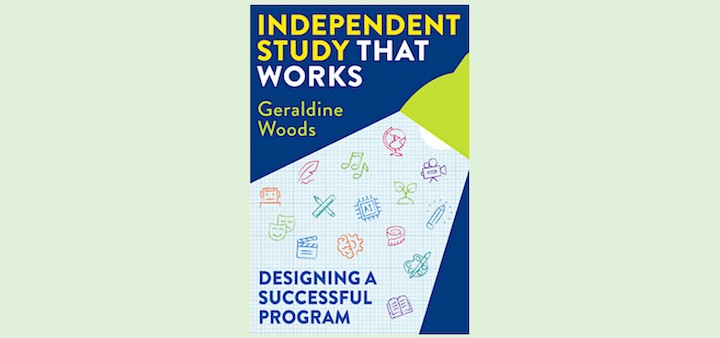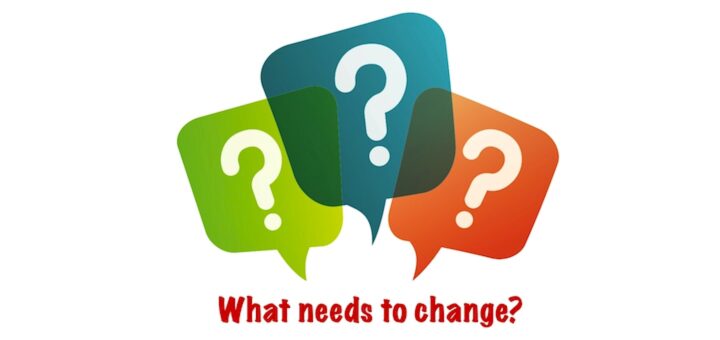Teaching and learning in grades 4-8
Lisa Eickholdt and Patty Vitale-Reilly’s favorite student collaboration is the Writing Club – an opportunity for kids to write in authentic, engaging, and creative ways. They prepare a foundation for this work with read-alouds, feedback structures, partnering activities, and more.
Literacy consultant Anne Anderson recommends fellow literacy teachers and coaches keep Dan Feigelson’s Radical Listening near at hand. Implementing the book’s detailed guidelines for active listening during reading and writing conferences will benefit all of your learners.
The first step to taking control of your time is making the effort, and educator Frank Buck’s “Get Organized Digitally!” provides the rungs of the ladder to get you there. Department chair Stephanie Choate says Buck inserts educator success stories in just the right places. Highly recommended.
Unexpected events in classrooms steal precious teaching time and lead to frustrated students and teachers. Expected routines provide comfort and familiarity so students can focus on the challenges of learning new things. Teacher Kelly Owens shares her routine-building strategies.
Consultants Ron Williamson and Barbara Blackburn counsel that dealing with change promptly, engaging actively in social media, and achieving work-life balance are central tasks that will help school leaders not only survive but also thrive as they run this year’s marathon.
Fresh teaching ideas engulf math teachers each fall. Which strategies take priority as we seek to help students have the best year ever? Teacher and coach Mona Iehl recommends three: build classroom community, review and augment resources, and select engaging lesson formats.
We Belong by Laurie Barron and Patti Kinney offers a community-forward approach to classroom management that promotes a culture in which schools become “places where [students] can discover who they are and who they want to become” through the year, writes Michael McLaughlin.
Geraldine Woods offers strategies for teachers to design and implement a self-contained independent study program or to incorporate principles of independent study into an existing unit or class. Sarah Cooper finds the book’s efficacy lies in its wide, practical application.
In this unprecedented school year, as teachers and school leaders set goals and decide what to keep and what to change, Lynne Dorfman and Aileen Hower argue that “it is social-emotional learning – not academics – that should be the focus for the first month of school.”
Laurie Lichtenstein’s travels to Holocaust sites this summer “had an indescribable emotional impact.” And now, “within this new consciousness resides a deeper understanding of history and an enthusiasm that I hope is infectious as I re-enter my classroom this school year.”

